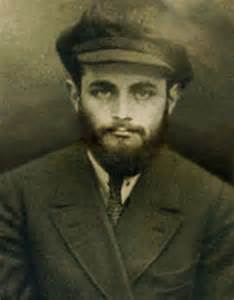A Connection with the Rebbe z’l
Wednesday, March 9th, 2016Here’s the first part of a precious sharing from Reb Zalman, alav hashalom, and his first encounter with the late Lubavitcher Rebbe, Reb Menachem Mendel Schneerson, alav hashalom. The teaching came on 3 Tammuz 5766, the Rebbe’s 12th Yortzeit, (June 29, 2006). The source is the DVD, “What’s New in Jewish Renewal, 2006”, disk 3, Copyright © Spirit of the Desert Productions. (Edited by Gabbai Seth Fishman)
I want to make a connection with the Rebbe, with Reb Menachem Mendel, (it’s his Yorzeit today), and I’d like to urge you to do the following:
If you have, anywhere, a hope, a concern, something for which you would go to a Rebbe with a qvittel so that he would pray for you, keep that in mind and, during the second half today, we are going to chant the ana b’choach and send off, in a sense, sort of like hitting the enter button to send off your request.
And so, in all the things that I want to do today, I want to do it really logged on to that website, to what I learned from the Rebbe and some of the things that happened to me in encountering with him.
[To begin, I’ll tell you when I first saw him:] In the beginning, I thought of him [as the Moroccan]. I was living in Marseilles, France; the year was 1940 and 41.
